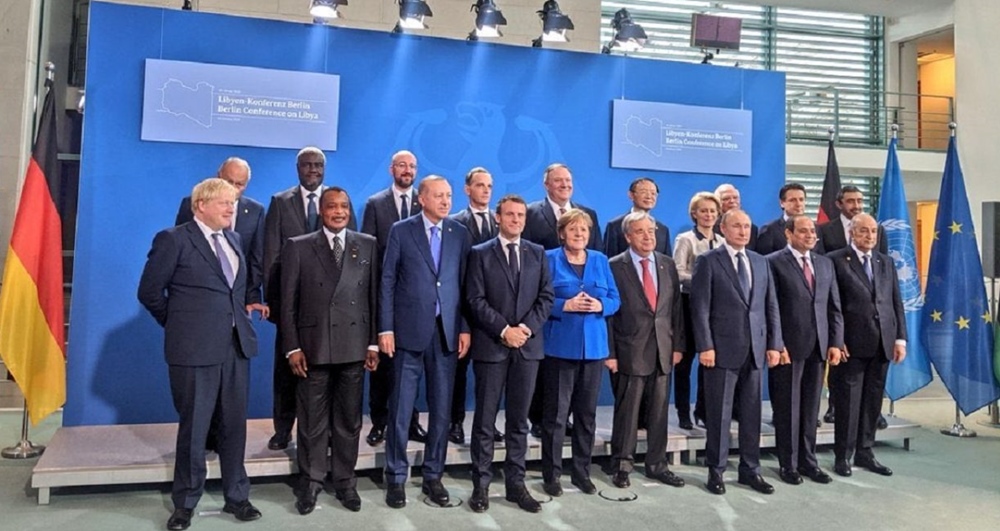Turkish political analyst Muhannad Hafizoglu has accused European powers of trying to control Libya’s political future through what he called weak and symbolic international efforts. In an interview with regional media, Hafizoglu criticised European involvement in Libya, saying their statements and initiatives are often more about appearances than real action.
“What we see are lofty statements and media-friendly proposals with little real-world effect,” he said, adding that European efforts frequently fail to bring lasting results.
He expressed doubt over the upcoming Berlin conference on Libya, saying previous meetings have produced limited impact. “There’s little to suggest this meeting will produce anything fundamentally new,” Hafizoglu said.
Instead, he proposed that genuine progress in Libya would only come through stronger cooperation between Libya, Egypt, and Turkey — together with active participation from key Libyan stakeholders. He believes this regional approach would be more practical and better suited to Libya’s current situation.
Hafizoglu also pointed to the broader international picture, saying that global powers like Russia and the United States are still involved in Libya’s affairs but are currently distracted. He noted that growing tensions between Iran and Israel are pulling attention away from the Libyan crisis.
“With the escalating conflict between Iran and Israel dominating their attention, the bandwidth for resolving Libya’s crisis is shrinking,” he said.
Looking ahead, Hafizoglu predicted that little real progress would be made in Libya’s political process in the coming months. He believes the remainder of the year will likely be filled with symbolic moves — such as calls for elections and the creation of new committees — that are more about pleasing public opinion than solving the core issues.
“The coming months will likely be marked by stagnation, as key players revert to delay tactics and temporary fixes, rather than meaningful political movement,” he warned.
His comments highlight growing frustration among regional analysts over what they see as ineffective and disconnected international involvement in Libya. As the country continues to face political deadlock, observers like Hafizoglu are calling for a shift in focus — from symbolic diplomacy to real partnerships with regional actors who are more familiar with Libya’s realities.
